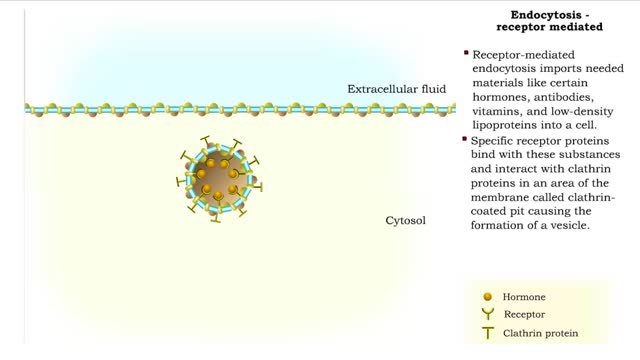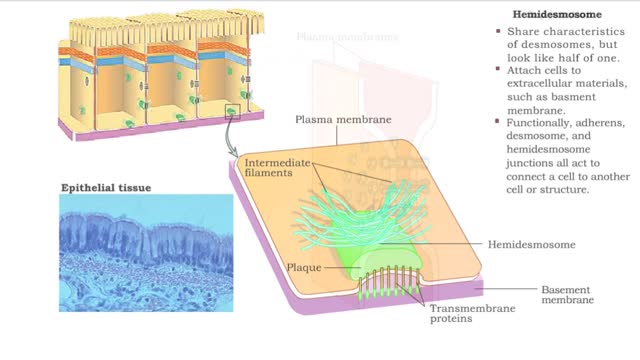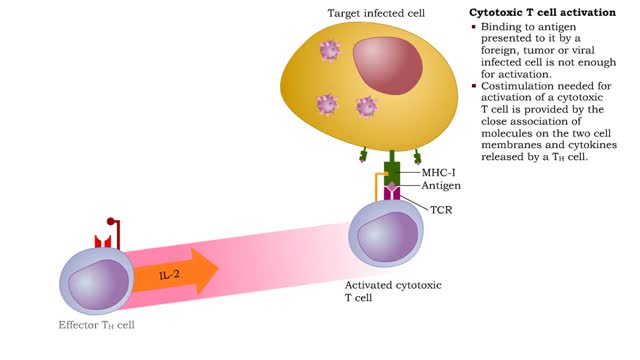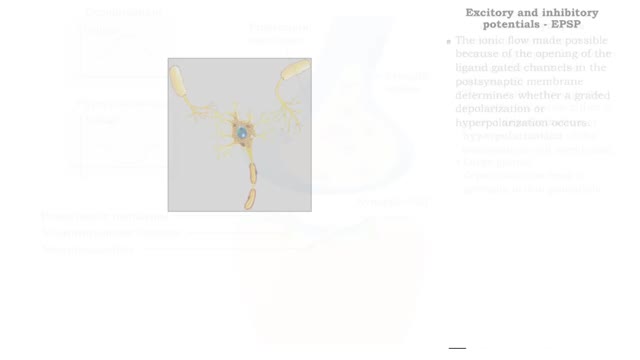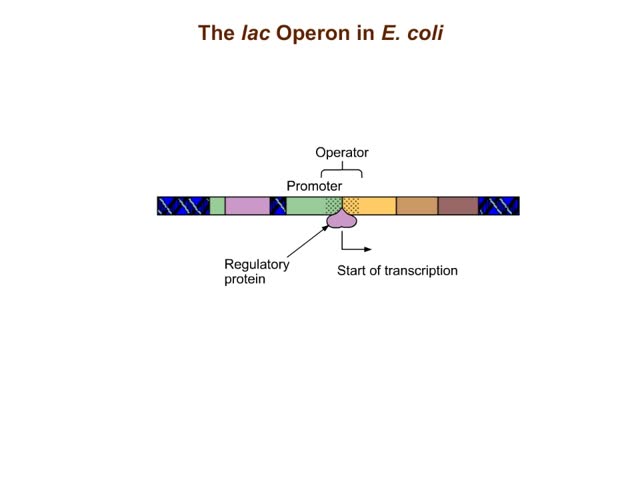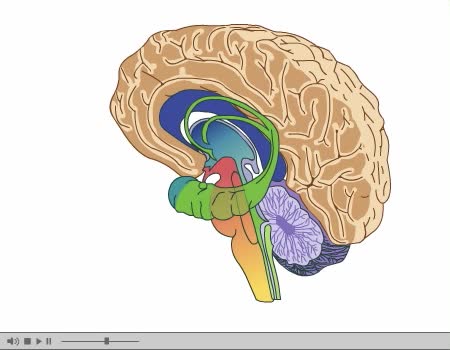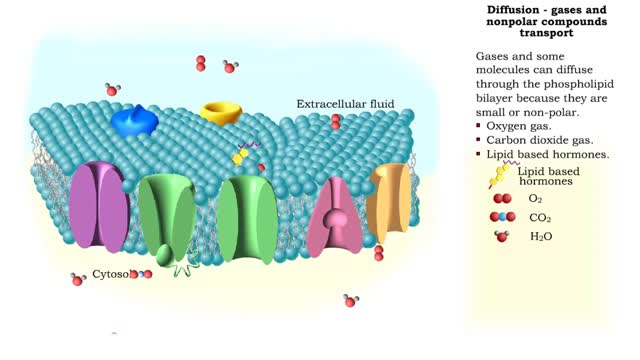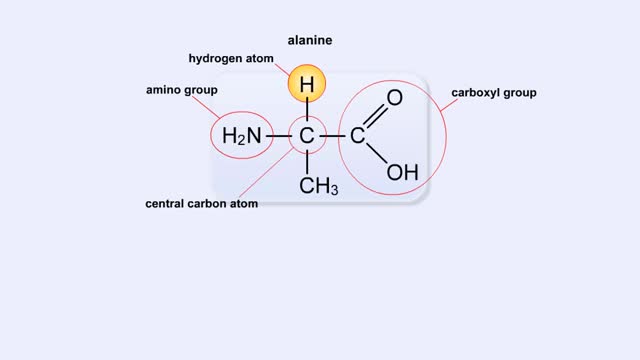Search Results
Results for: 'Role of complement proteins'
Endocytosis - pinocytosis, receptor mediated and Transcytosis
By: HWC, Views: 11599
Pinocytosis is the process in which a cell "drinks" a tiny droplet Of extracellular fluid, including its solutes. Pinocytosis (Cell Drinking) is the process by which the cell takes in fluids (as well as any small molecules dissolved in those fluids). • The plasma membrane folds inward to...
Type of Cell Junctions - Desmosome, Hemidesmosomes and Gap Junctions
By: HWC, Views: 12067
Cell Junctions: Cell junctions are found in some multi-cellular organisms. They exist of complexes and are found between cells and between cells and other structures. The junctions provide a way for cells to connect and exchange signals. What are tight junctions, desmosomes, and gap junctions...
Introduction to Eating Disorders
By: Administrator, Views: 14615
An eating disorder is a mental disorder defined by abnormal eating habits that negatively affect a person's physical or mental health. They include binge eating disorder where people eat a large amount in a short period of time, anorexia nervosa where people eat very little and thus have a low bo...
Cytotoxic T cell receptors, activation, proliferation, differentiation & action
By: HWC, Views: 12022
• Most cells which have CD8 on their surface become cytotoxic T cells (Tc cells). • CD8 T cells recognize a foreign antigen when it is presented in conjunction with the protein, MHC-I. • Nearly all nucleated cells in the body express MHC-I molecules. • T cells that recognize self-pe...
Neurotransmission at chemical synapses & Excitory and inhibitory potentials
By: HWC, Views: 11700
• A series of events occur at chemical synapses in order to communicate with the adjacent cell. • The action potential arrives at the presynaptic membrane. • The depolarization phase of the action potential opens voltage gated Ca+ channels. • increased inflow of Ca+' into the cyto...
By: Administrator, Views: 15840
The lac operon (lactose operon) is an operon required for the transport and metabolism of lactose in Escherichia coli and many other enteric bacteria. Although glucose is the preferred carbon source for most bacteria, the lac operon allows for the effective digestion of lactose when glucose is no...
Brain Anatomy Animation (Part 2 of 2)
By: Administrator, Views: 16108
Its nervous tissue consists of millions of nerve cells and fibers. It is the largest mass of nervous tissue in the body. The brain is enclosed by three membranes known collectively as the meninges: dura mater arachnoid pia mater The major structures are the: cerebrum cerebellum dienc...
Simple Diffusion - gases and nonpolar compounds transport
By: HWC, Views: 12225
Gases and some molecules can diffuse through the phospholipid bilayer because they are small or non-polar. Oxygen gas. Carbon dioxide gas. Lipid based hormones. Plasma membranes are selectively permeable: The lipid bilayer is always permeable to small, nonpolar, uncharged molecules ...
Structure of Amino Acid, Peptide Bonds & Polypeptides
By: HWC, Views: 11307
Here are the molecular formulas of three different amino acids. All amino acids share this backbone. The main difference between every amino acid is the side groups seen here, and these side groups give each of the amino acids their different characteristics. But before we get into that, let's ...
Advertisement



